
Accelerating Out of the Great Recession
How to Win in a Slow-Growth Economy
Read offline
Recommendation
Boring history and economic lessons can drop some students into zonked-out slumber. Fortunately, this book will rouse them. International consultants David Rhodes and Daniel Stelter deliver a mix of entertainment and education that is enhanced by engaging examples and an appealing style. They solidly package business and historical lessons from the Depression era and apply them to the “Great Recession.” Their text is concise, albeit with occasional bouts of redundancy. Although the authors have attempted to create a politically neutral analysis, an astute reader might detect an apparent but not intrusive preference for conservative fiscal politics. That’s because the writers highlight the shortfalls and downsides of Democratic-administration interventions at some length and offer only minimal criticism of Republican deregulatory policies, without deeply analyzing their role in opening the door to securities crises, Ponzi schemes and the mortgage market meltdown. However, the text’s benefits outweigh any political oversights especially since modern literary evenhandedness often amounts to little more than a “plague on both your houses” anyway. The authors go beyond just diagnosing economic problems. They supply concrete, evidence-based solutions for executives who are trying to generate profits in a rigorous fiscal environment. getAbstract recommends this book to corporate leaders, strategists and managers who want to spur sales and excitement in a period of slow business growth.
Summary
About the Authors
David Rhodes and Daniel Stelter are senior partners in The Boston Consulting Group, an international consultancy. Rhodes, based in London, is an expert on corporate strategy and organization, and Stelter, based in Berlin, focuses on corporate finance and strategic direction.











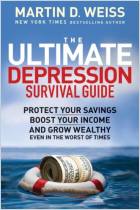
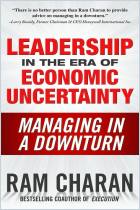
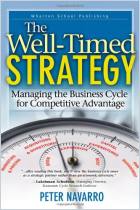
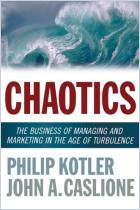
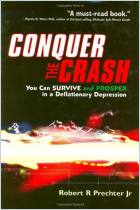
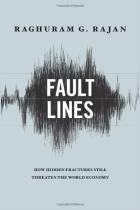


Comment on this summary or Diskussion beginnen